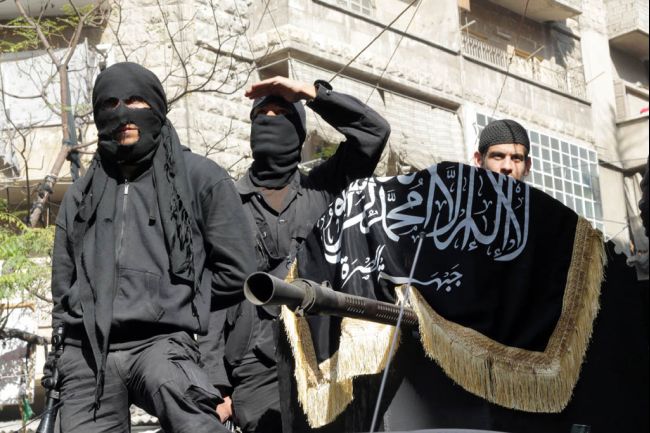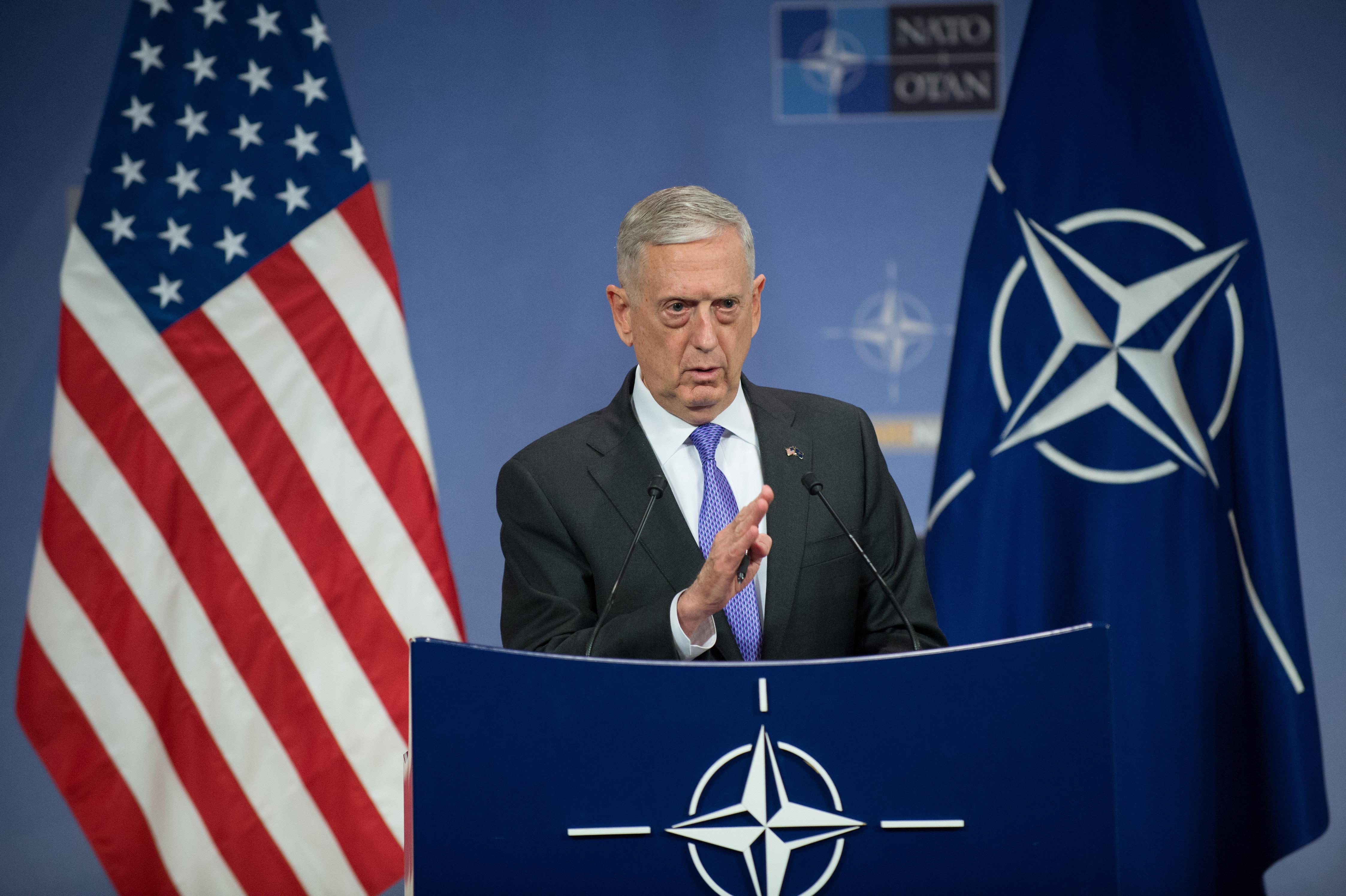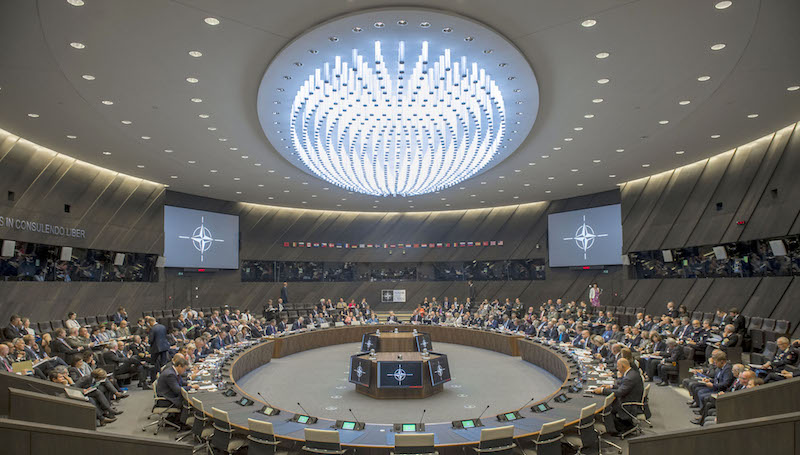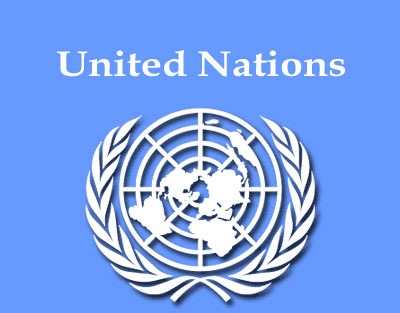Kuwait has become a hub for private donors to donate to the rebels fighting President Bashar al-Assad. The conflict has become somewhat of a proxy battle by regional powers, including Russia, Iran, and the Lebanese militant group Hezbollah, the support of Ghanim al-Mteiri (a Kuwaiti citizen who raises funds for rebels) and dozens of other Kuwaitis. Their objective is to launch campaigns to aid the rebel fighters, which has added a new wild card dimension, according to analysts. In order to ingratiate themselves with these donors who possess more jihadi sentiments, rebels are leaning towards highlighting the ideological cleavages among themselves and strengthening their most extreme elements.
[captionpix align=”left” theme=”elegant” width=”325″ imgsrc=”http://natoassociation.ca/wp-content/uploads/2013/11/KUWAIT-articleLarge.jpg” captiontext=”A sign directing private donors to a house to raise funds”]
The donors represent an opposing opinion of what direction the conflict should take in comparison with Western powers. Most of these donors virulently oppose the Western-backed Supreme Military Council, a body intending to unify the rebels into a moderate force, as well as the rhetoric of diplomacy and peace talks. Additionally, Mr. Mteiri stressed his desire to end Alawite rule in Syria, as it is a “Sunni country and the capital of the Islamic world.” While their involvement may not have held a significant place in the media spotlight, they have a strong foothold in the conflict through their donation of tens of millions of dollars.
While the activity has angered American officials, not much can be done to remedy the situation. Unlike other Gulf States which have cracked down on actions like this, Kuwait lacks a tough police state, and there are various leaders with likeminded Islamist sympathies who participate in its political system. Additionally, the proximity of Kuwait is conducive to the easy transport of money across borders. Most importantly, the ideological aims of this activity, as elucidated by Mr. Mteini, will be the most difficult to stymie and thus it is likely to continue.




